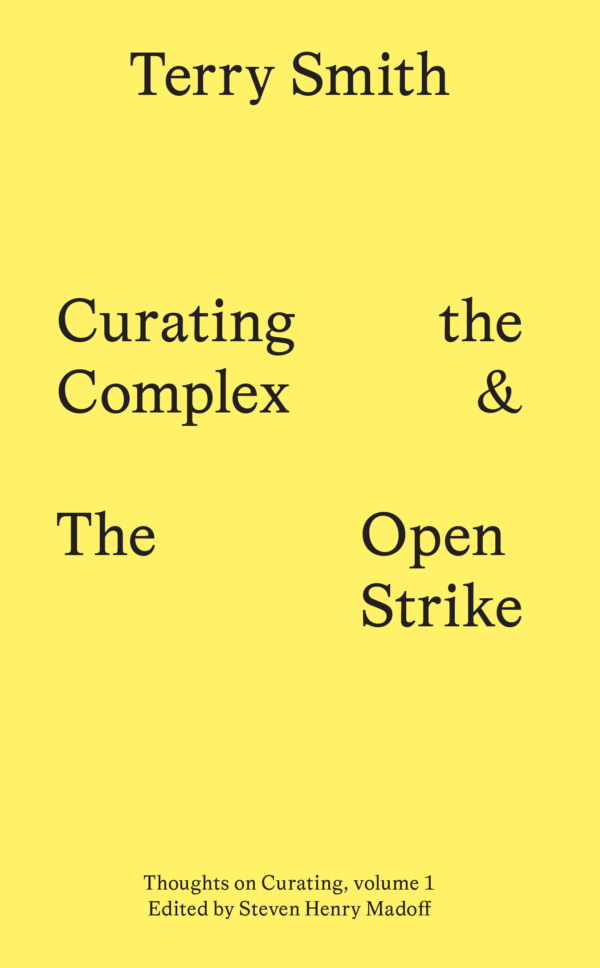
You may also want to check out this guide to the study guide that may help you prepare as well. Do whatever it takes to make sure you are providing yourself with notes that make sense to you so you will have no trouble comprehending them. Annotate your notes with updated summarizations of what the main points are re-write the entire page if you have to. Either way, it is important that you determine any of these possible issues and fix them. Perhaps it’s been too long since you actually scribbled those notes down or maybe you just can’t make out your handwriting from that day. The reason for this is that you don’t want to show up to the test with notes that once worked for you and then realize you have no idea what those bullet points mean anymore. This is both to familiarize yourself with it and see how well you respond to it at a glance. Approaching the test this way will reinforce your confidence and allow you to identify which concepts you actually do need the notes for.Īfter you’ve narrowed down the study material to bring to the test, examine all of it once again.

Open book tests can often make students forget that they can, in fact, still memorize certain facts/concepts and don’t have to rely on the notes for everything. Bringing too much material will overwhelm and distract you, so it is best to only bring the items you definitely know you’ll benefit from. Once you’ve gone through these loads of notes, narrow down the material to establish what you really need to bring with you to the exam. Being able to quickly recognize where specific topics lie in your notes is half the battle in conquering an open book test – the quicker you can get to the answers, the quicker you can use them. This way, you’ll only be searching through notes that you know are relevant to your test material.

More importantly, identify exactly what you’ll need to know for this test and then specifically mark the areas of your notes that pertain to those subjects.
#How to pass the open book test j std 001g how to#
Here are some more great study tips on how to organize your notes. Take some highlighters and post-its and mark sections as needed. Go through your books and notes ahead of time to determine what topics they each cover and on what pages. If you just bring a few textbooks and notebooks with absolutely no idea where certain information is, then you’ll spend most of your testing time looking for answers rather than giving them. The first step would be to organize your notes. Going into this test blindly would be just as dangerous as going into regular test with such a blank mentality.

Just having your textbook or semester-filled notebook by your side will not guarantee quick and easy answers to every test question you face. The key to mastering these tests is mastering your notes, and there are a few steps to take for you to do that. Making an exam open-book certainly makes the test-taking process a lot easier, but it does not eliminate the need for studying altogether. Here are some great tips on how to mentally prepare for test day that you may find useful as well. Although it is perfectly understandable why one would think an open book test requires no studying, that is simply not the case. Unfortunately, these thoughts are a huge trap. It automatically de-stresses them due to its implications that studying isn’t necessary and that very little preparation is needed.

The very phrase, “Open Book Test,” evokes immediate relief over students.


 0 kommentar(er)
0 kommentar(er)
